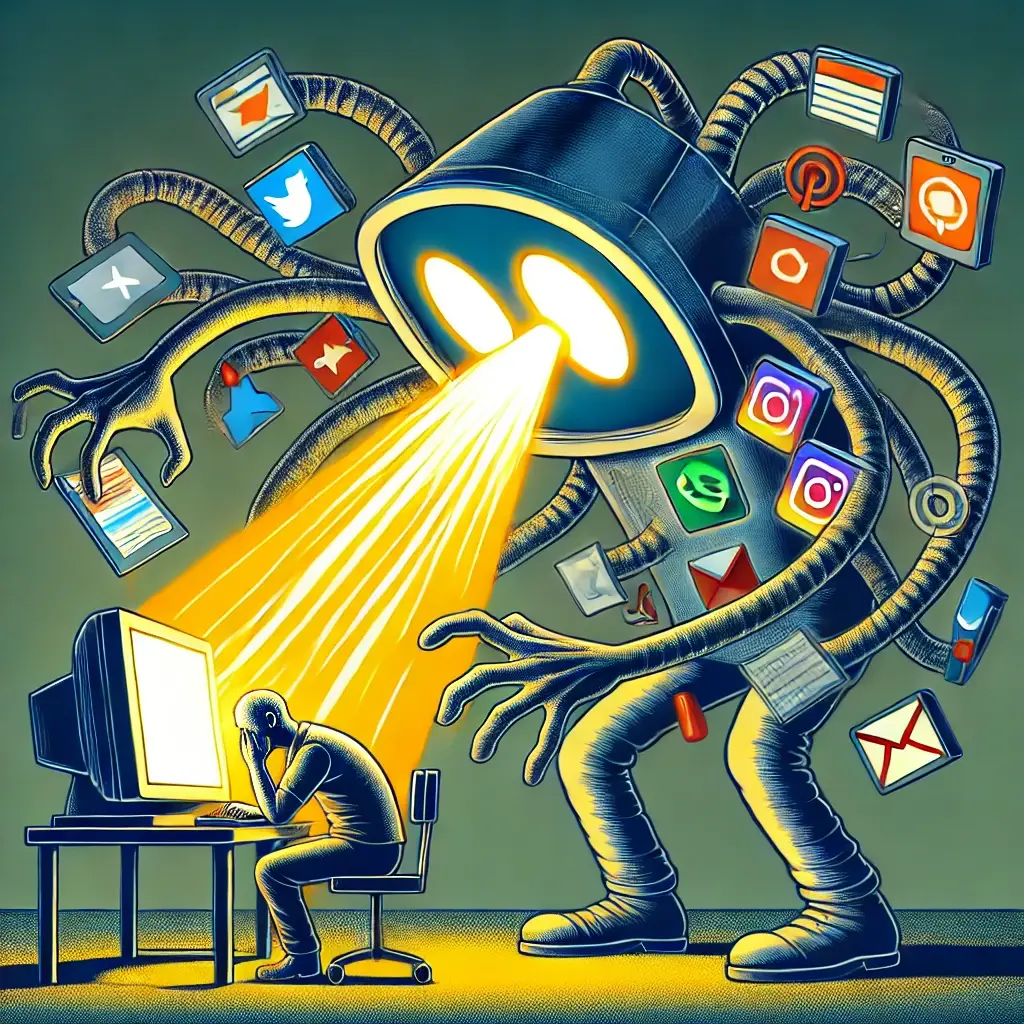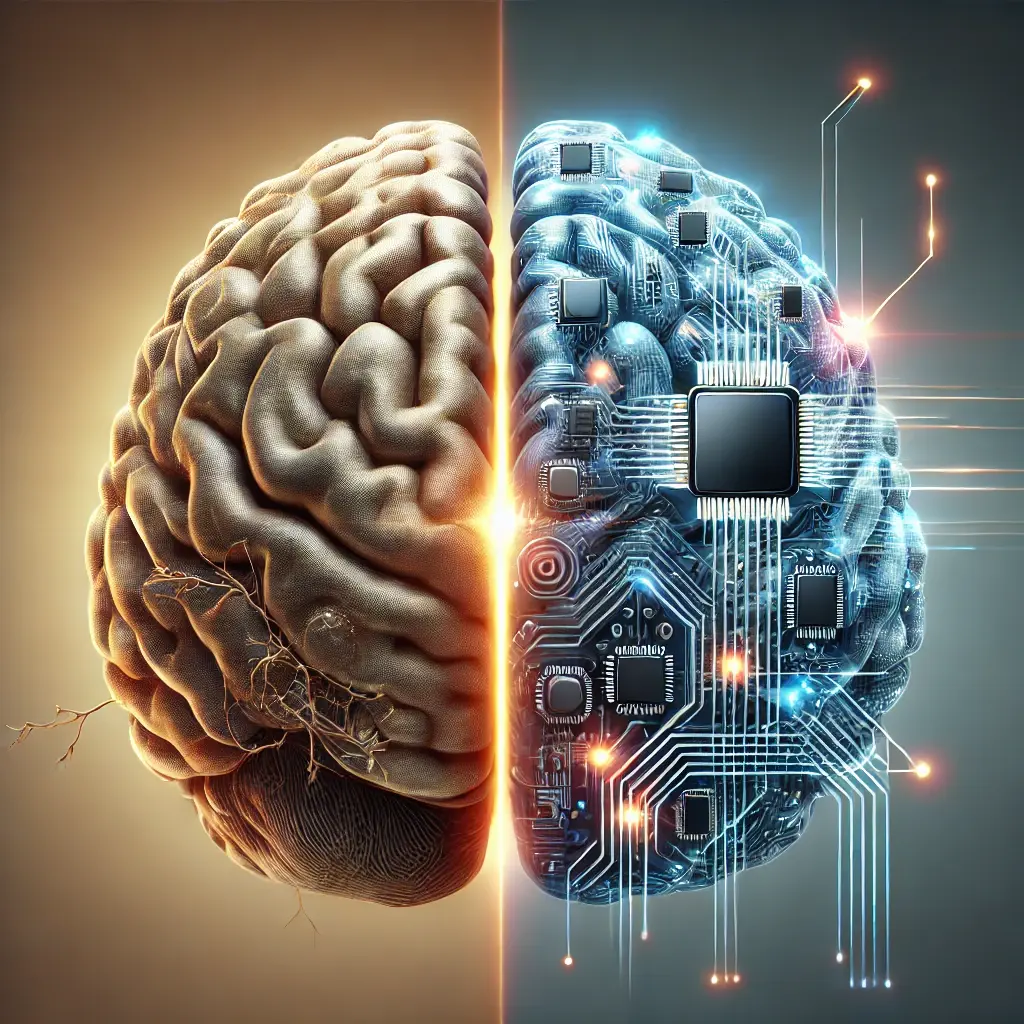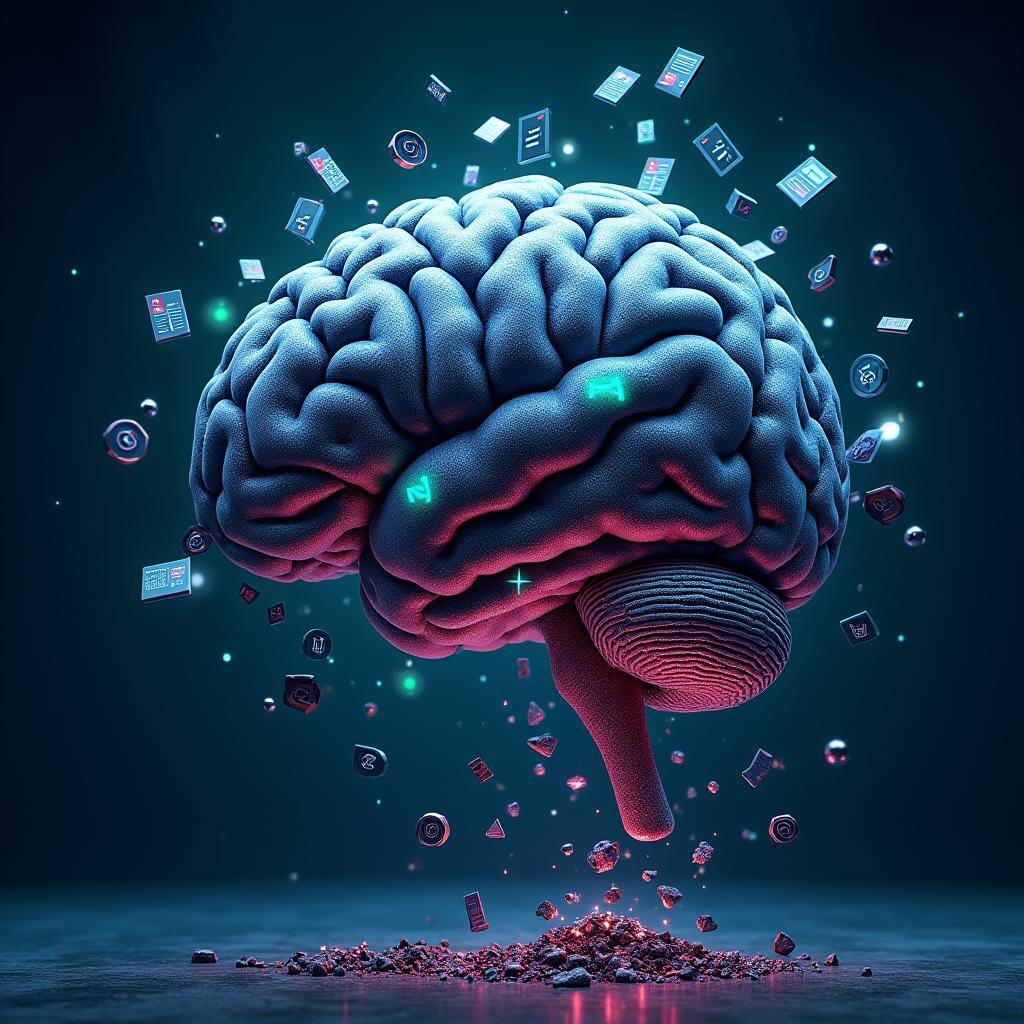You’ve done everything right to set yourself up for success. Your calendar is meticulously time-boxed, with dedicated blocks for tasks, deep work, and moments of rest and mindfulness. You’ve batched similar tasks together to minimize context-switching as much as possible. Distractions? You’ve handled those too - notifications are off and your daily “highlight” is boldly written on a huge post-it stuck to your computer screen.
Even your physical workspace is perfectly organized - whether you’re at your home office, work office, kitchen table, or a cozy coffee shop. It’s comfortable, it’s conducive to productivity, and you’ve even got snacks close by for when hunger strikes.
Cup of coffee in hand, you’re ready to eat that frog and focus on what needs to get done.
Productive day planned, prepped, and set. Let’s go!
What We Don’t See: The Disorganization of our Digital Environments
Once we get started, something baffling happens.
It’s not even about the interruptions or distractions - we’ve minimized those already. Instead, it’s the reality of our digital environments that gets in the way.
Tackling that “highlight” task requires you to search for information scattered across a bunch of different apps and tools, forcing you to navigate from one to the next just to find all the necessary bits and pieces.
You might search for files across repositories like GDrive, OneDrive, or your hard drive, or for details buried in project management apps like Trello, JIRA, Monday.com, Basecamp, Notion or Clickup. You might also sift through emails or Slack messages. And even if you’re using AI-powered universal search apps like Curiosity or Cortana or Apple Spotlight - you still have to search.
You still have to manually seek, find, and link the pieces of information needed to complete your work.
And let’s not forget that while you’re working, someone may update something somewhere else that you’re completely unaware of because your notifications are turned off to maintain focus. You’re missing the email about a delayed deliverable or the Slack message about the new bottleneck.
The constant cycle of info-seeking, app-switching, and manual updating creates a fragmented workflow that eats away at the time you had carefully planned and completely disrupts the focus you needed for deep work.
The real problem - one we often overlook because we’re so used to it - is that even though we’ve organized our physical environment and minimized distractions, our digital environment remains disorganized.
Why?
Because all these digital tools aren’t designed to work the way we do - on projects or initiatives.
Look at your computer screen now - what do you see?
Probably a bunch of icons for different apps, a sea of windows, and countless tabs. Each of these contains bits and pieces of all the various projects we’re juggling.
To show you how absurd this reality truly is, imagine working in a physical office where bits and pieces of your work are scattered all over the place. Documents are strewn across tables, tucked away in cabinets, hidden in drawers, and even lost between stacks of paper in different rooms. You’ve got roadmaps drawn on dry-erase walls and strategic plans scribbled on flipcharts.
To make matters worse, you’re not the only one handling these pieces - your coworkers have access too, and they might move things around or update them without telling you. So as you’re trying to gather and connect things together to complete your tasks, you find yourself constantly calling out to different people, asking them where certain pieces are located or if they have updates.
Sounds crazy, right?
Now let's take a look at how we operate with our computers, in our digital environments.
Every piece of information in the apps, documents, or tools we use is like one of those scattered documents in the office. Instead of seamlessly accessing what we need, we’re forced to dig through various apps, search our drives, or sift through emails and messages just to find the bits we need. And just like in our hypothetical office, someone might have moved or updated a piece of information without our knowledge, leaving us scrambling to track it down.
This disjointed, app-centric approach to work is not only inefficient - it’s ridiculous!
We’re spending more time searching for and managing these digital “pieces” than actually working on what matters.
Our digital environments force us to carry the context in our heads, constantly switching gears and losing focus as we move between platforms, looking for the information we need.
This disorganization is harmful - it steals our focus and productivity as we spend more time managing tools than actually doing meaningful work.
It’s like trying to work in that office where everything is scattered and hidden in the most convoluted way possible - making our workday far more complicated and tiring than it needs to be.
But I’ve Got Hacks!
This digital limitation is something many knowledge workers feel daily. That’s why you’ll find so many of us trying to hack our way out of it, hoping to enhance focus and productivity by copy/pasting the latest updates, information, communication, and links from the projects we’re working on into their respective files, documents, or apps.
Some even go a step further, creating centralized documents to house all this information and links, trying to bring it all together in one place. And it doesn’t stop there - we still have to coordinate with others, ensuring they’re also updating their information and accessing the right files and apps.
But these hacks themselves involve a lot of administrative work. Work that needs to be done just to get to the real work - the work we’re good at, the work we’re hired for, the work our careers hinge on. The work we love, the work that demands creativity and innovation, the work that drives success.
Sure, it’s a step in the right direction, but even that requires a lot of manual coordination, which is inefficient and takes a considerable amount of time and effort. It consumes a lot of mental energy, leaving us drained before we’ve even begun the work that really matters.
It’s tempting to think that a new hack, app, or tool could solve these issues, but the reality is that our current digital environment is fundamentally flawed. We’re trying to solve the problem at the same level it was created.
The design of our current Graphical User Interface (GUI) focuses on apps rather than workflows, creating constraints that no single app can overcome.
This app-based approach is a huge barrier to true productivity. It forces us to keep the context of our work in our heads and spend an inordinate amount of time on tasks that should be automated. So we end up mentally drained, less effective, and far less efficient.
And AI alone won't save us.
The Game Changer: An Organized Work Environment (OWE)
What we need isn’t just another app or tool - it’s a completely reimagined digital workspace. A stream-based environment that seamlessly integrates all of our apps, tools, and information and automatically manages context. This is what we call an Organized Work Environment (OWE).
An OWE is designed to reduce cognitive load by ensuring that all relevant information is accessible within a single, cohesive system. This environment doesn’t just boost individual productivity - it revolutionizes collaboration by keeping everyone - including any Gen AI tools - on the same page without the need for constant manual updates and coordination.
The OWE isn’t a productivity tool - it’s a fundamental shift in how we approach work in our digital environments. It’s the way work should work. And it’s what we’re building here at Reframe. By focusing on integrating context and reducing cognitive load associated with all the manual coordination across apps, the OWE enables deep, meaningful work that enhances creativity, innovation, human capacity, and true productivity.
We’re excited to bring this vision to life and share it with you soon.




